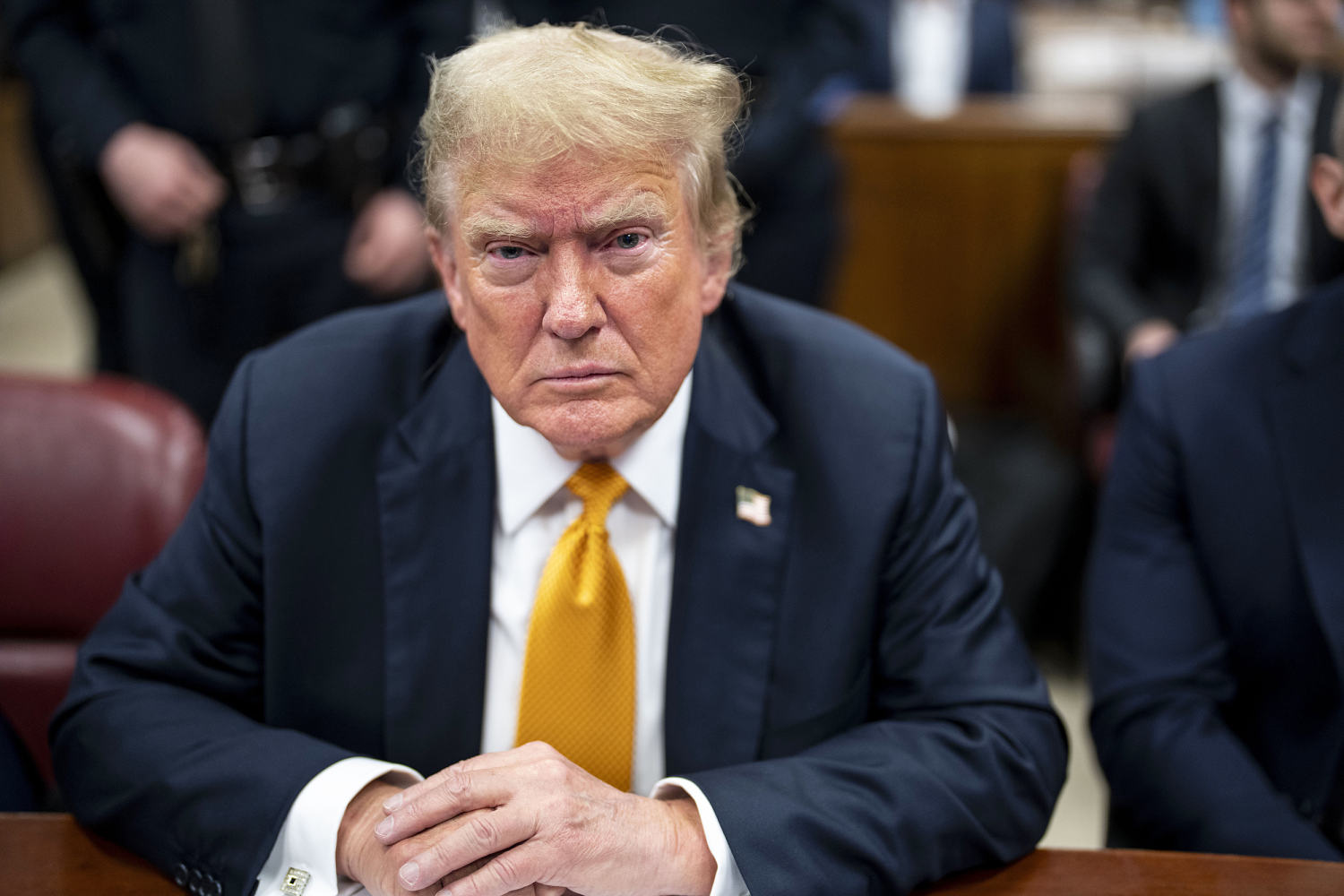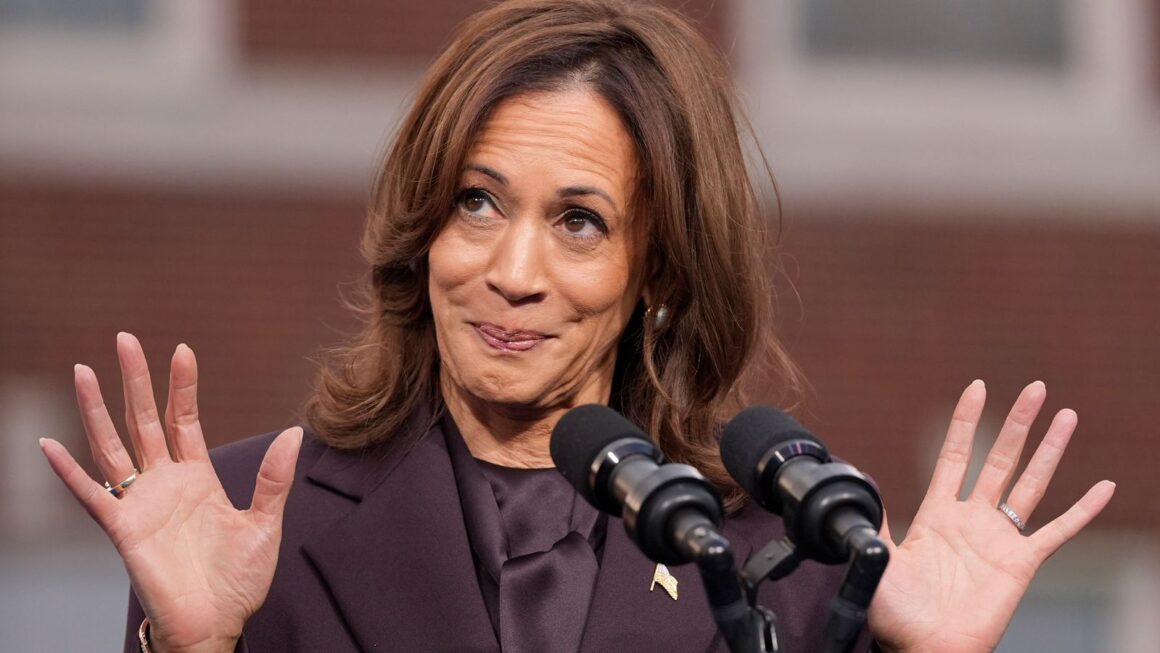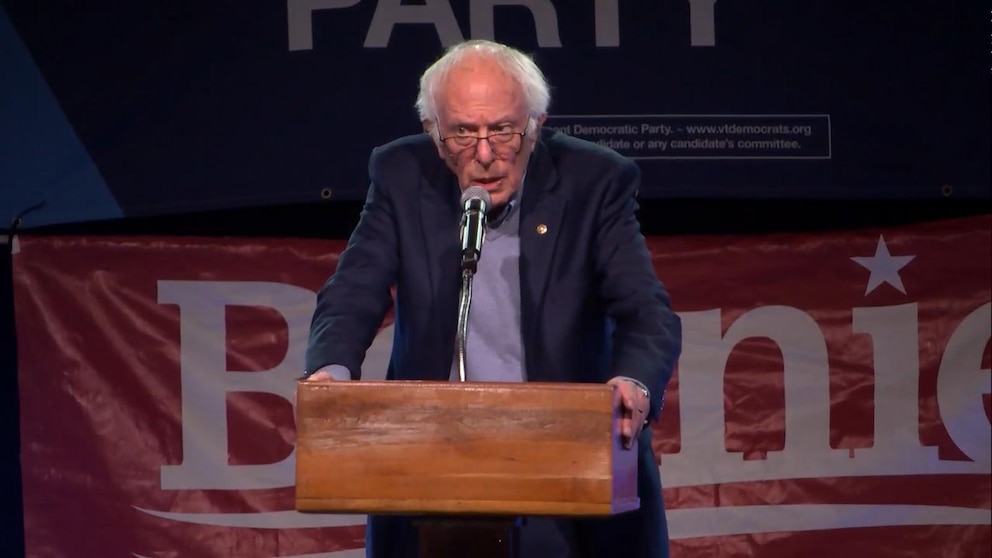
Last month’s landmark U.S. Supreme Court decision, Trump v. United States, holding that former presidents are immune from criminal prosecution for official acts, has gifted former President Donald Trump with yet another legal delay tactic. And sure enough, on Thursday, the day Trump was supposed to be sentenced for his Manhattan business fraud felonies, lawyers formerly asked a state court judge to vacate the former president’s historic hush money conviction.
This motion was not a surprise. New York Criminal Procedure Law 330.30 allows a defendant to request that the trial judge set aside the guilty verdict at “any time after rendition of a verdict of guilty and before sentence.” The grounds for doing so are limited, but within hours of the Supreme Court decision, Trump’s lawyers told Judge Juan Merchan in a letter that Trump’s conviction should be set aside.
Within hours of the Supreme Court decision, Trump’s lawyers told Judge Juan Merchan that Trump’s conviction should be set aside.
The Supreme Court’s decision at first blush appears not to be relevant to the New York case. After all, the efforts to cover-up allegations of infidelity ahead of the 2016 election occurred when Trump was a candidate and not yet in the White House. However, Trump’s lawyers are arguing that evidence was shown during his trial that included White House “official acts.” This evidence, Trump’s legal team says, “should never have been put before the jury.”
Merchan, with the consent of the Manhattan District Attorney’s Office, rescheduled Trump’s July 11 sentencing to Sept. 18. At that point, he will decide whether the Supreme Court decision requires the 34 guilty counts to be set aside. That decision held that presidents have absolute immunity for official acts that relate to their core constitutional authority, presumptive immunity for other official acts, and no immunity for unofficial acts. Determining which acts fit into which category remains untested territory. But not for long.
Trump’s lawyers previewed their motion in their letter to Merchan. In the letter, Todd Blanche and team argue that during trial and summations jurors heard testimony and saw documents that placed “highly prejudicial emphasis” on evidence that should be considered “official acts.” They argue this evidence includes Trump’s social media posts and public statements while in office; witness testimony regarding events in the Oval Office (most likely that of former communications director Hope Hicks and executive assistant Madeleine Westerhout); toll records reflecting calls Trump made while president; and an ethics financial disclosure form he filed in 2018.
Merchan will need to parse through these various actions and determine which, if any, should be entitled to absolute or presumptive immunity. Arguably, I could see a case for why Hicks’ and Westerhout’s testimony could be covered by official acts immunity. But the Supreme Court’s guidance on how courts should make the distinction between official and unofficial does not provide Merchan with broad discretion. The Supreme Court directs that in distinguishing between official and unofficial conduct “courts may not inquire into the President’s motives,” nor can they “deem an action unofficial merely because it allegedly violates a generally applicable law.” And in a footnote of his majority opinion, Chief Justice John Roberts advises that the “prosecutor may not admit testimony or private records of the President or his advisers probing the official act itself.”
In New York, jury trial convictions are rarely reversed by appellate courts. When a reversal occurs on prejudicial evidence grounds, the appellate court has found that the improperly admitted evidence was so highly prejudicial it denied the defendant a fair trial. So it’s possible Merchan and the New York appellate courts may find that the admission of official acts evidence during trial was prejudicial, but not so highly prejudicial that it denied Trump a fair trial, especially in light of the overwhelming mountain of evidence of guilt.
It is unclear, however, whether the U.S. Supreme Court would agree that the conviction should survive.
Roberts in the majority opinion accused the dissenters of striking a “tone of chilling doom” about the decision. Chilling or not, it’s clear the decision will have major ramifications beyond the New York case — and for years to come.
![]()







